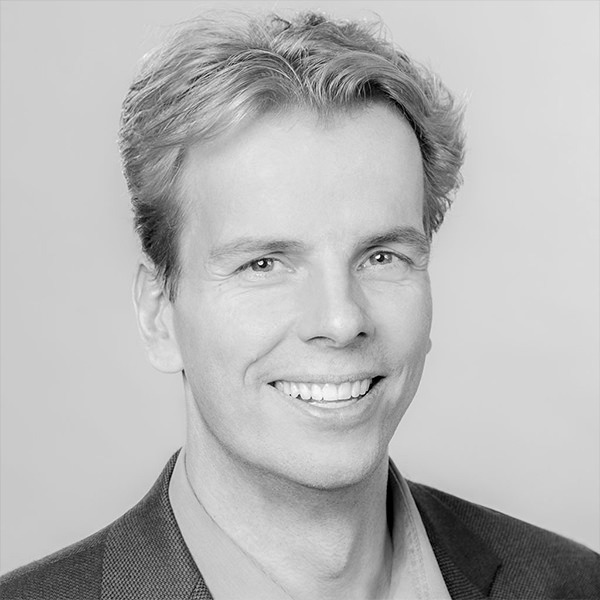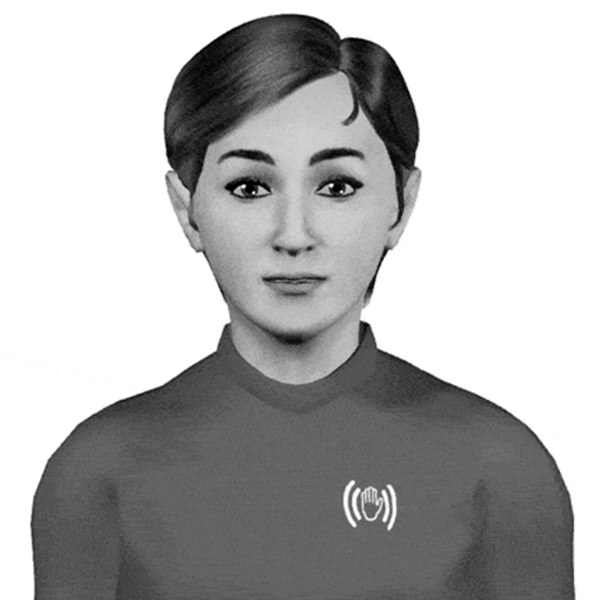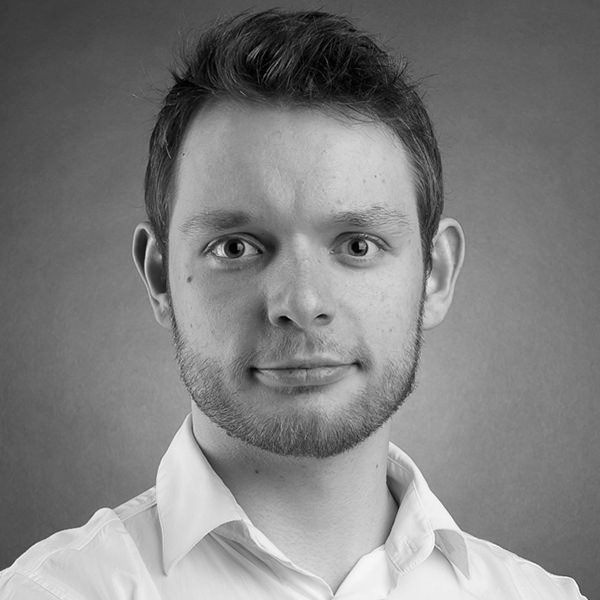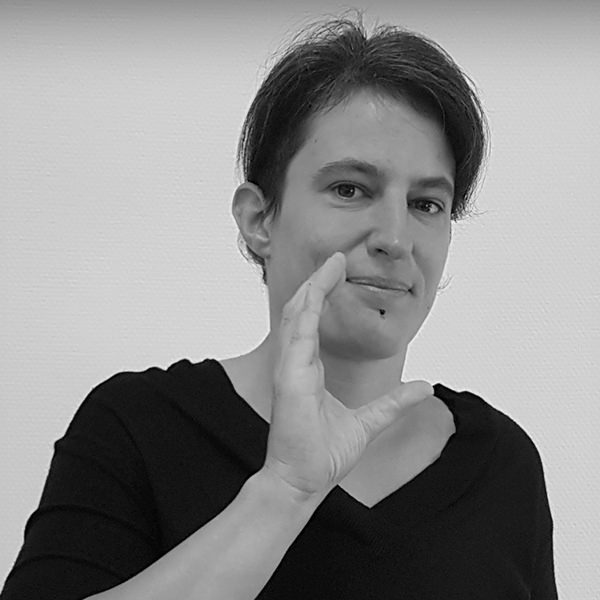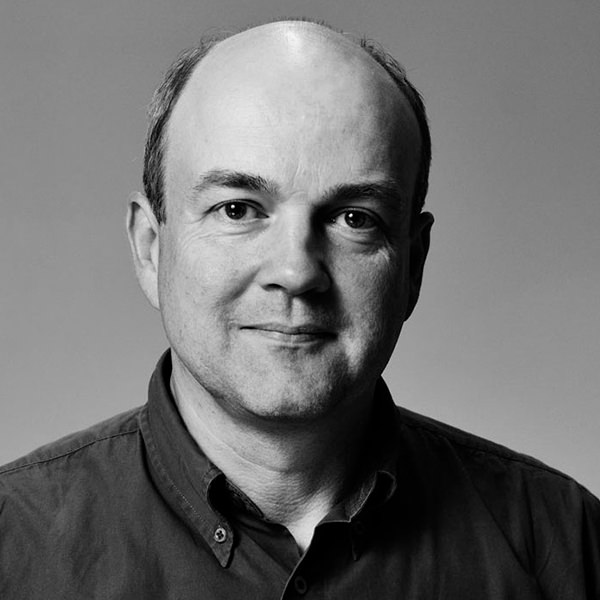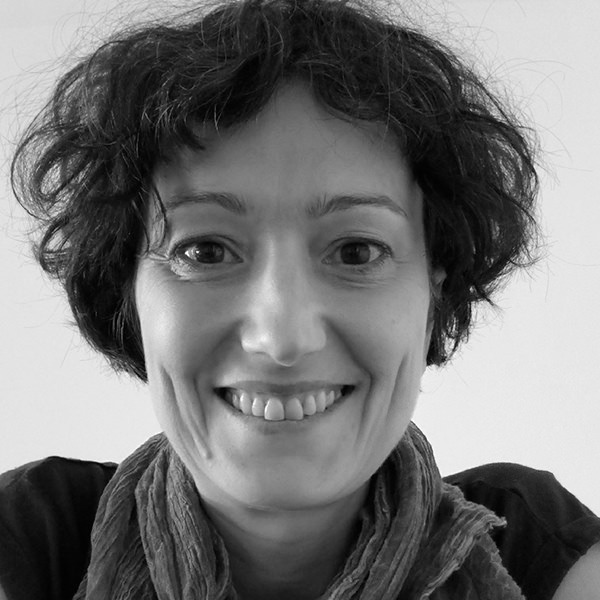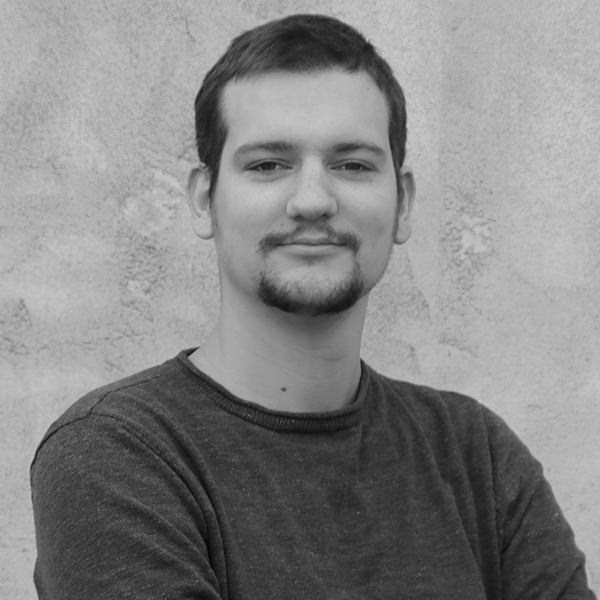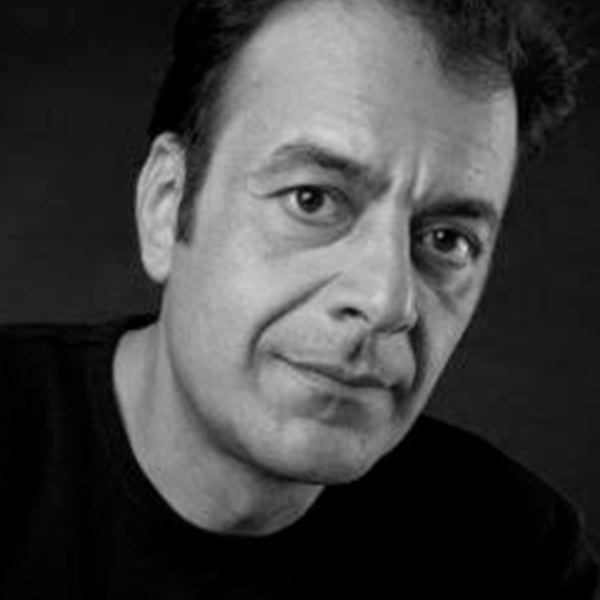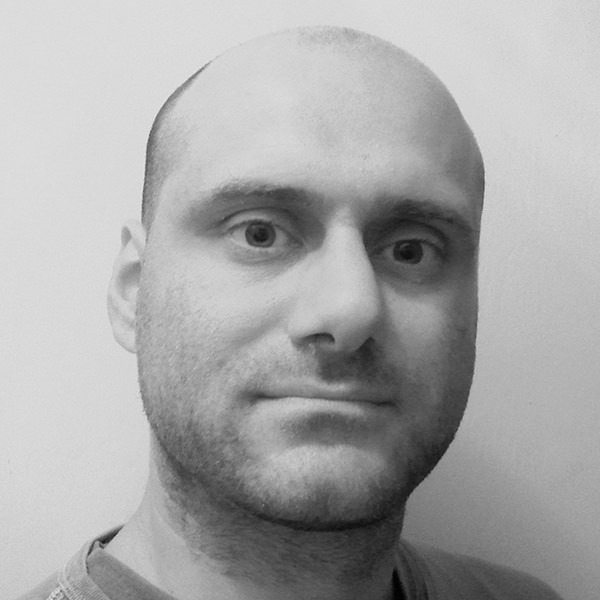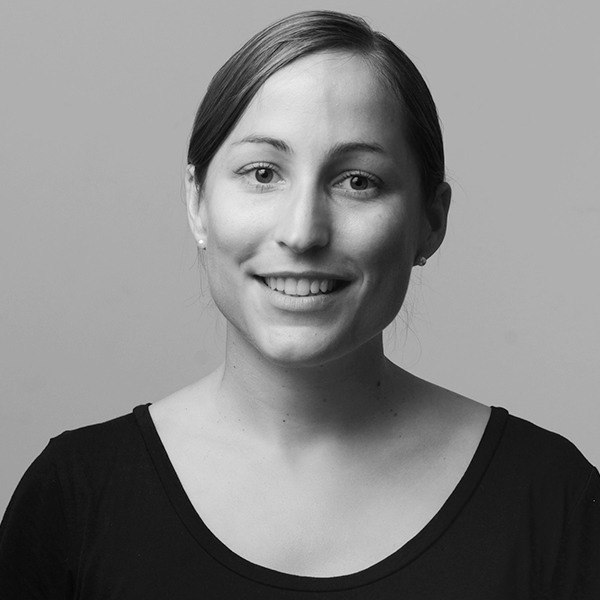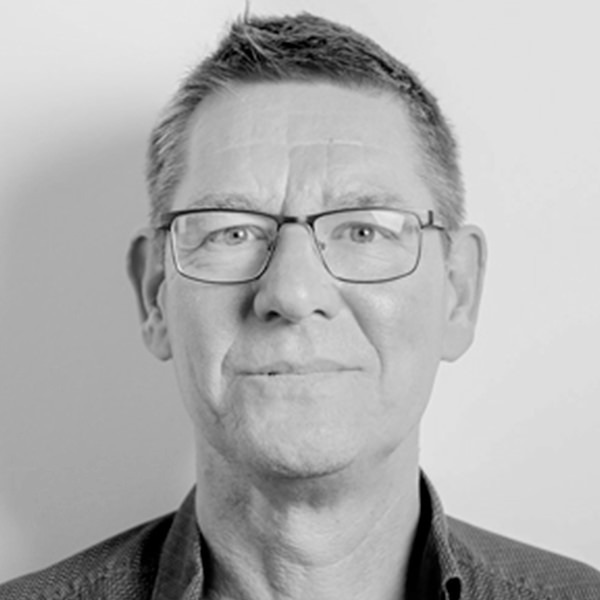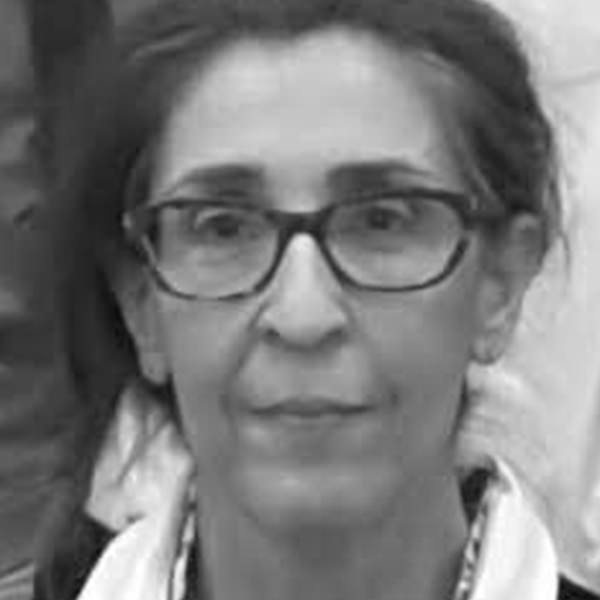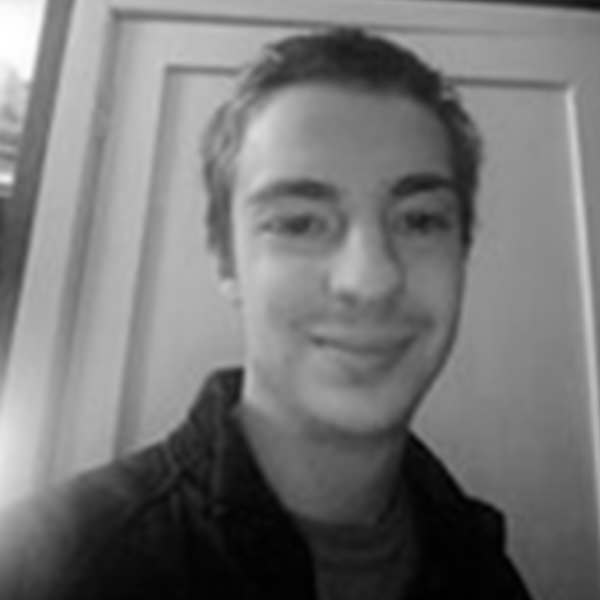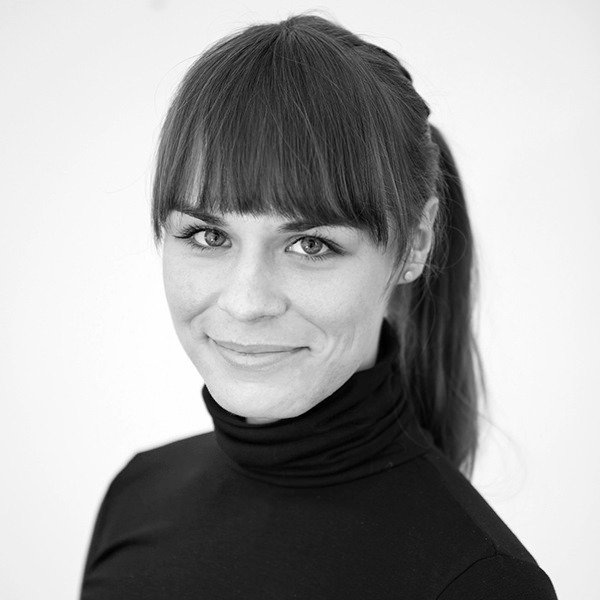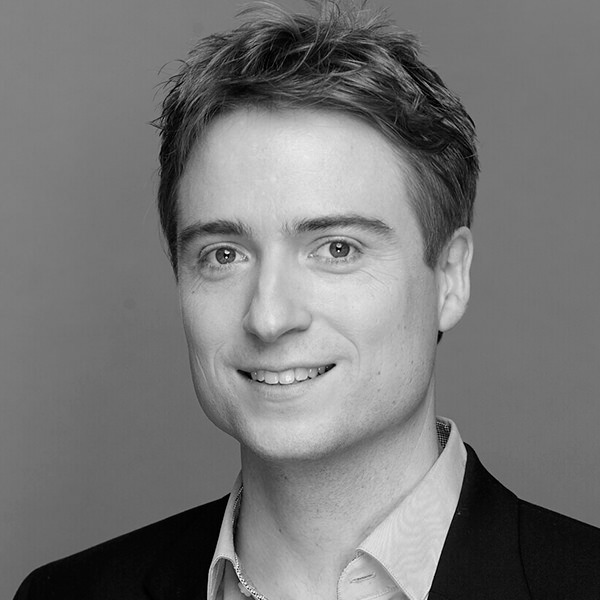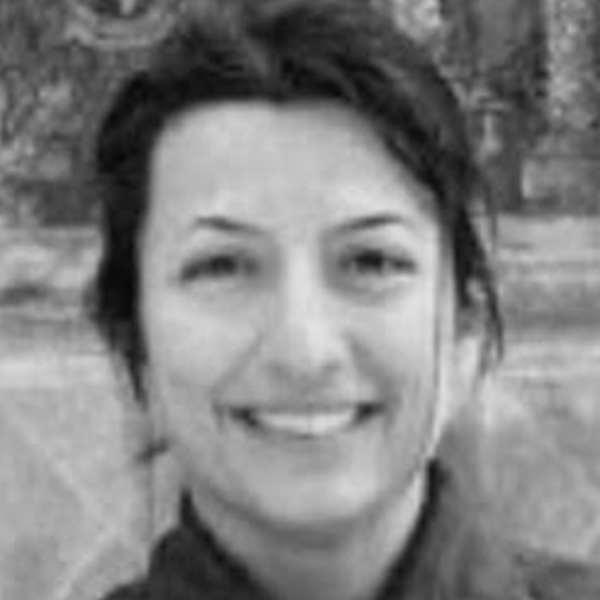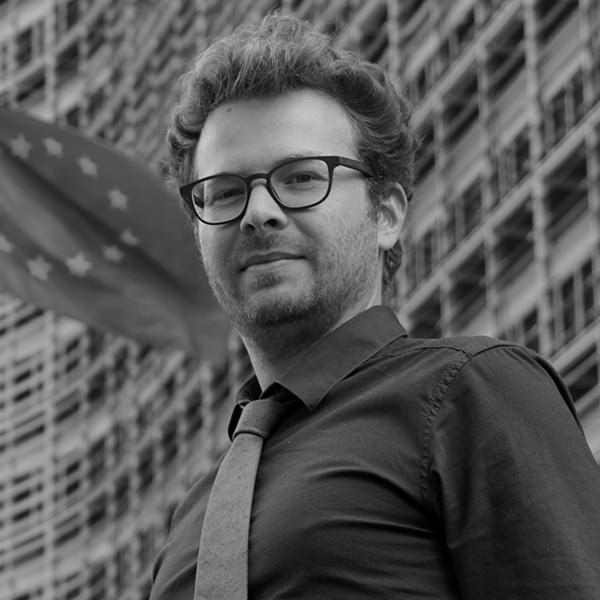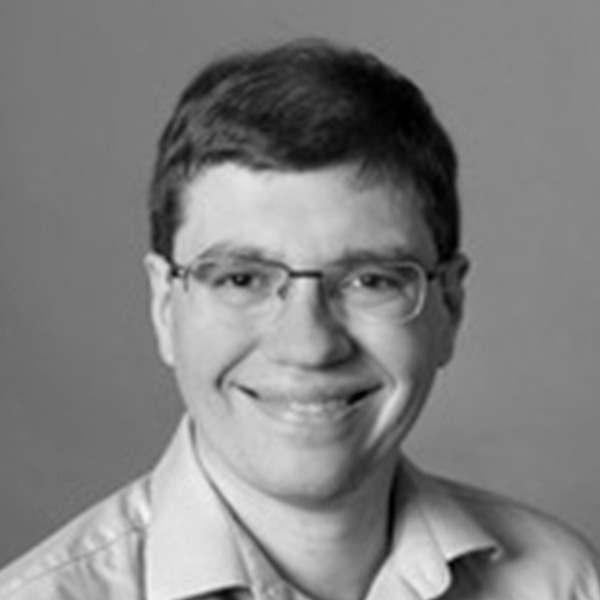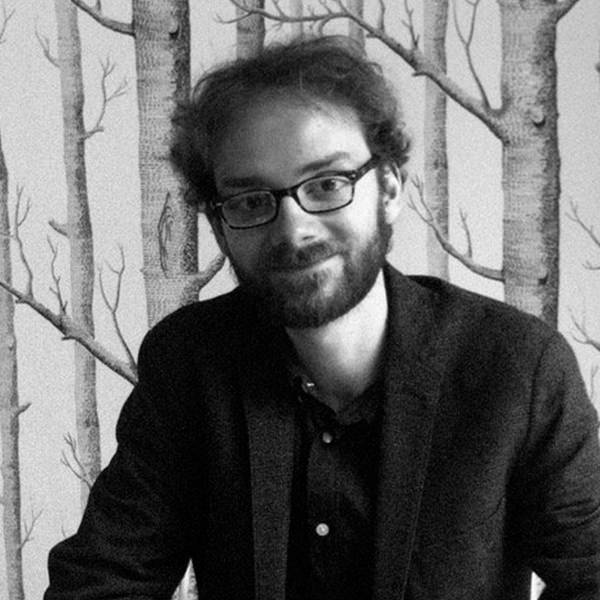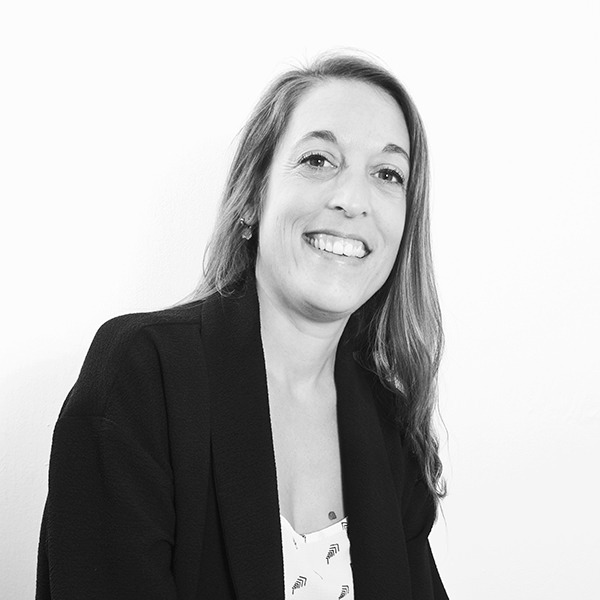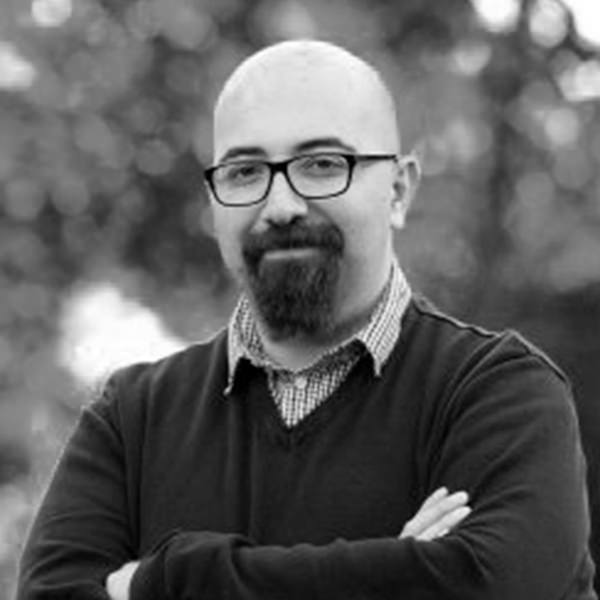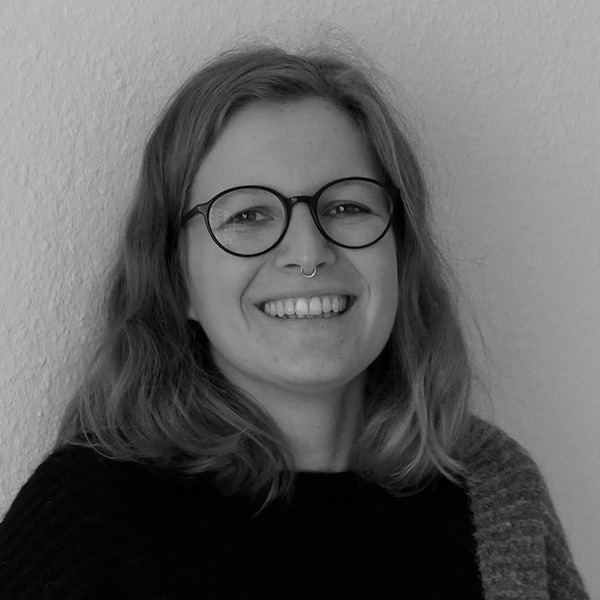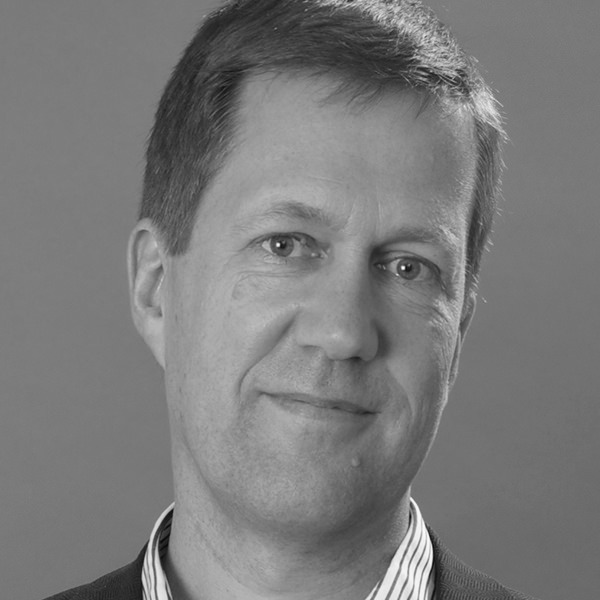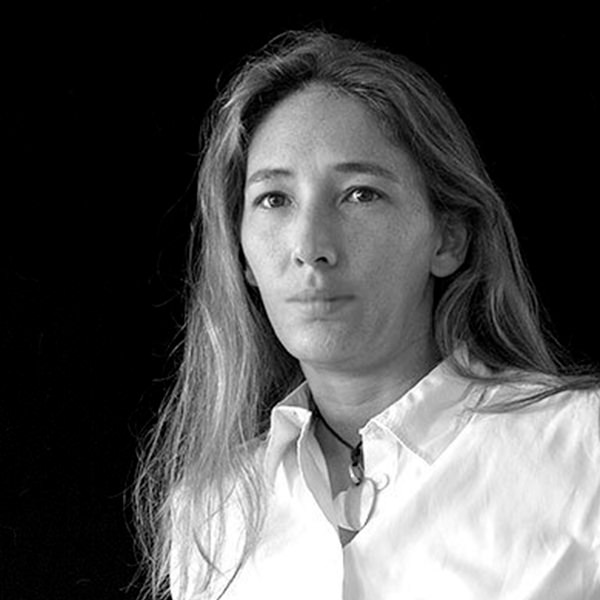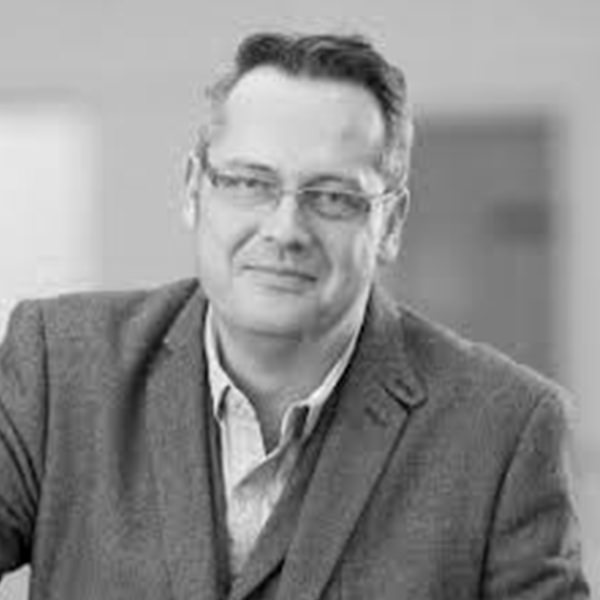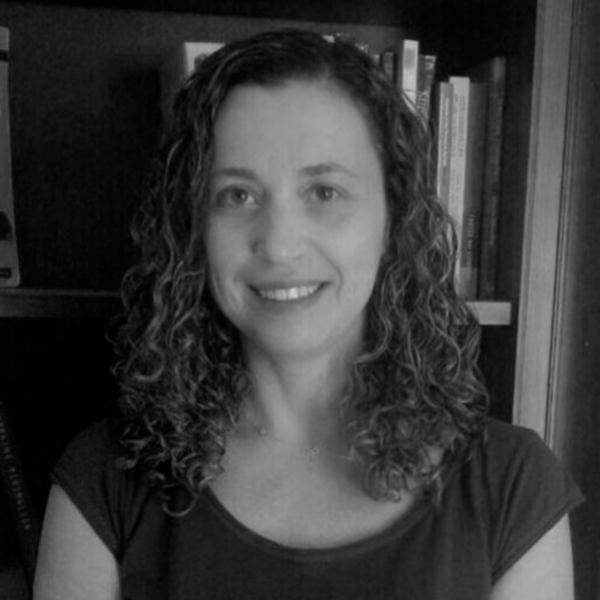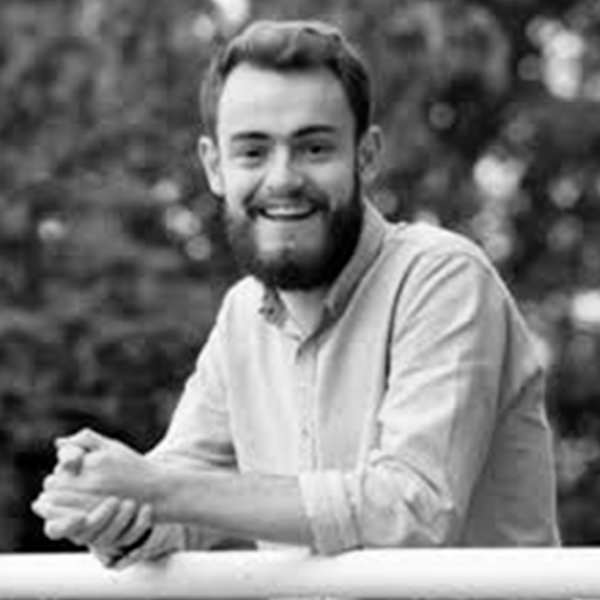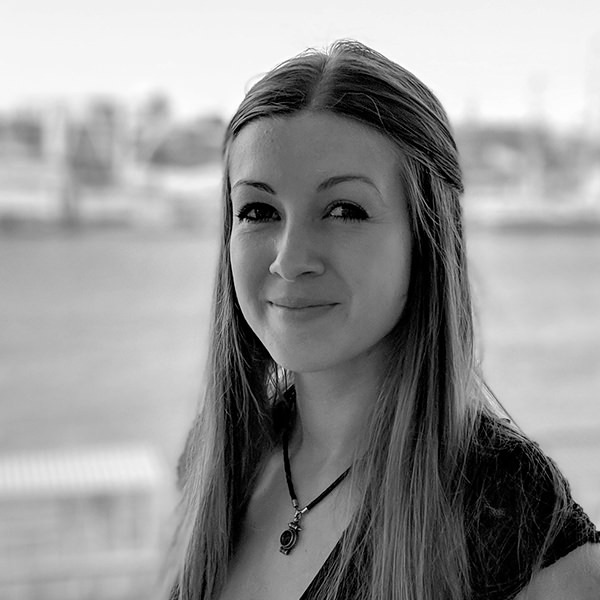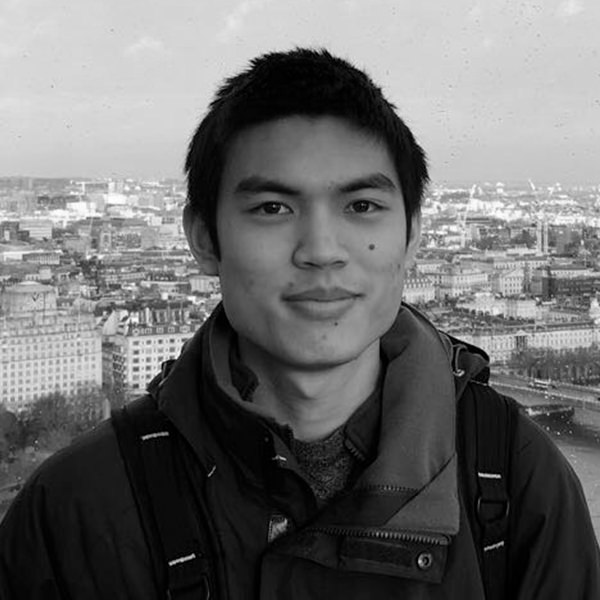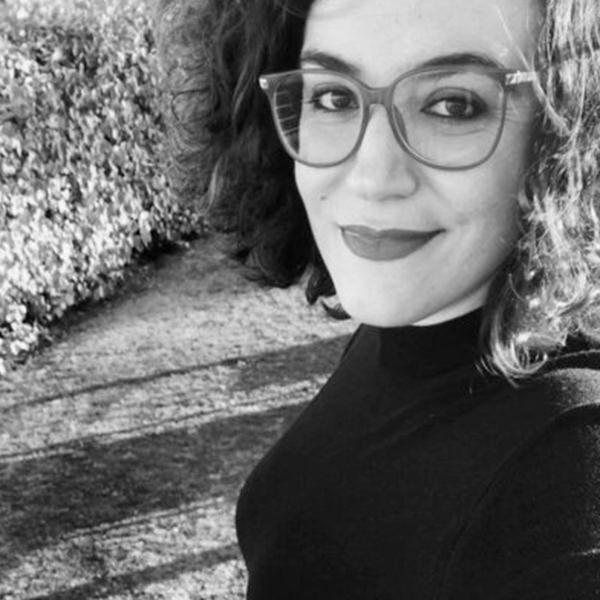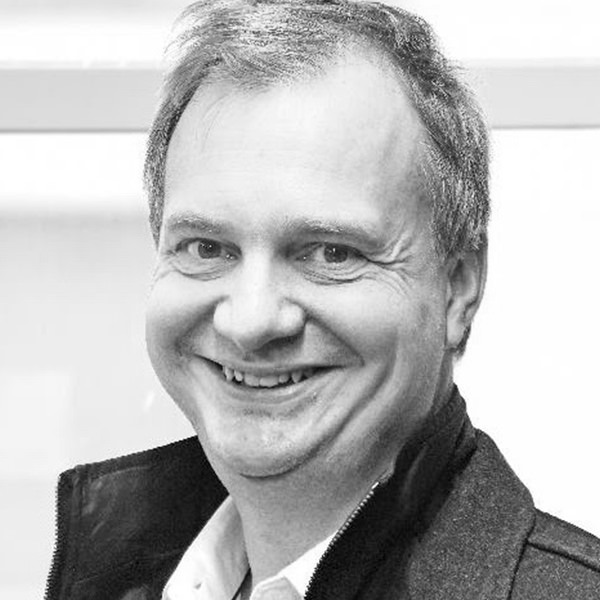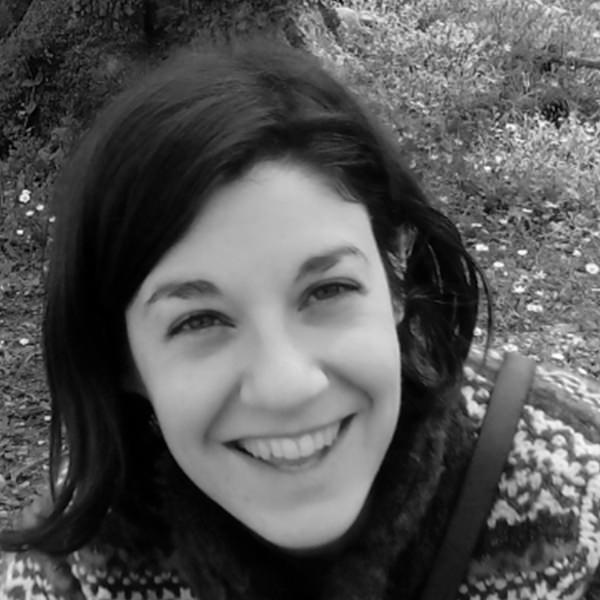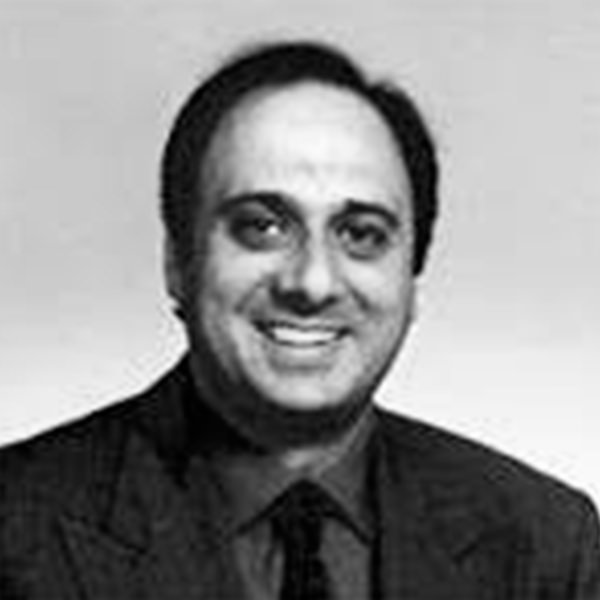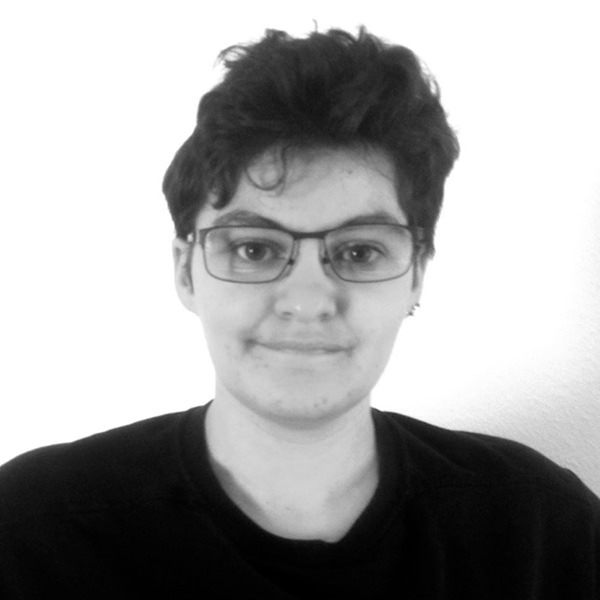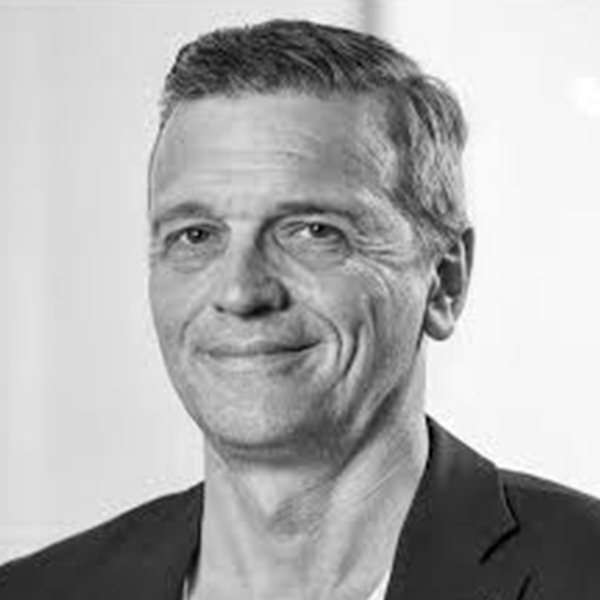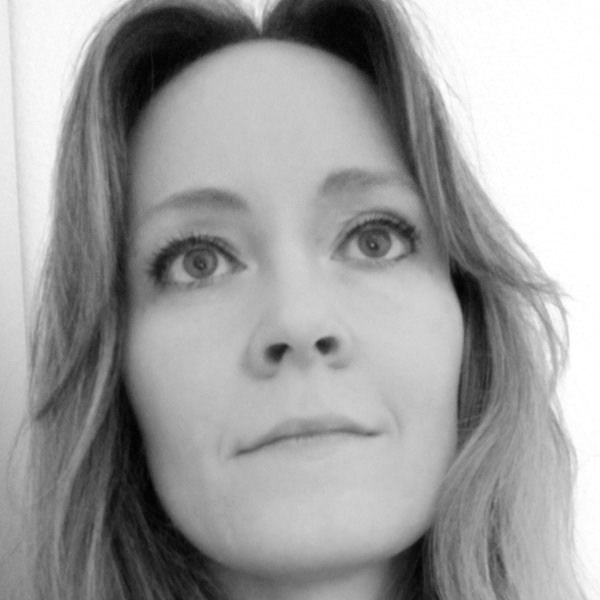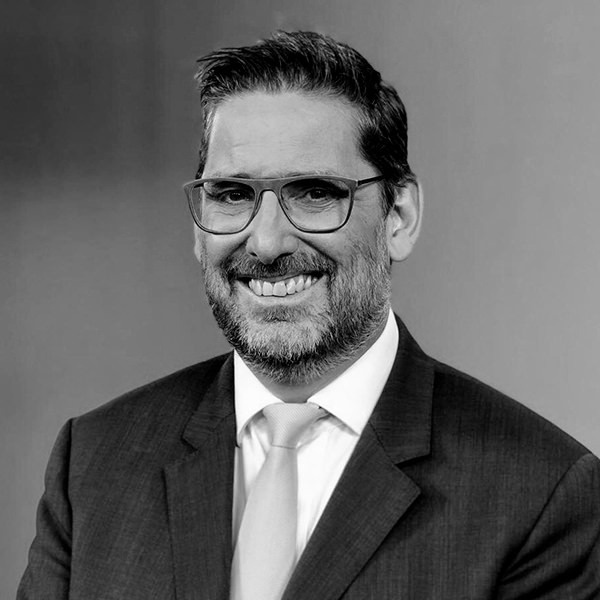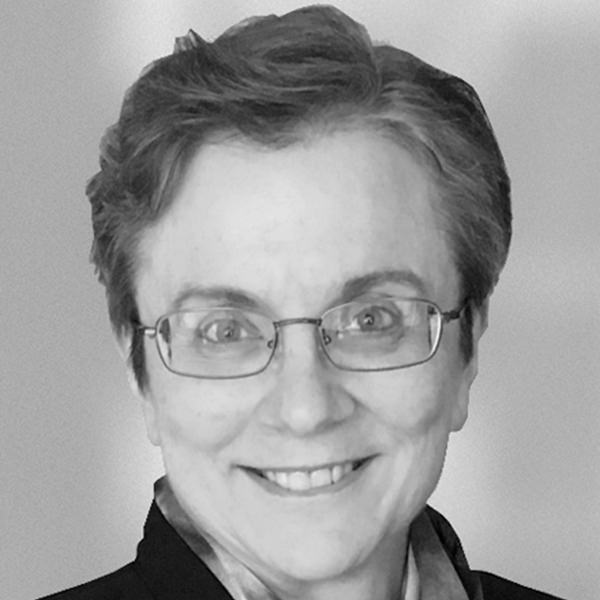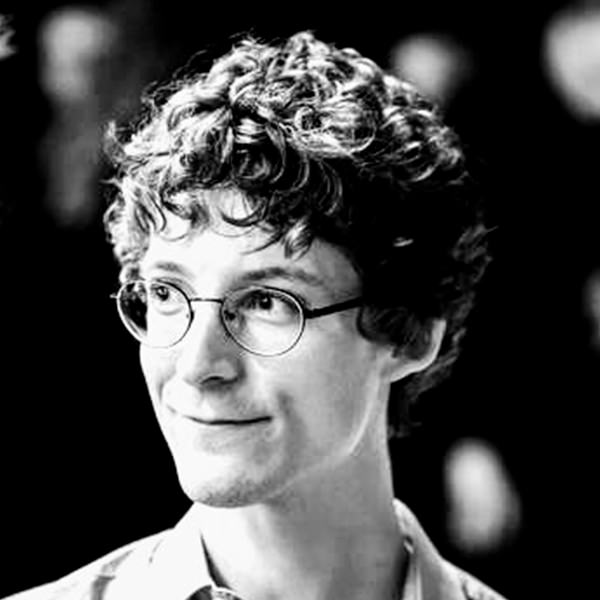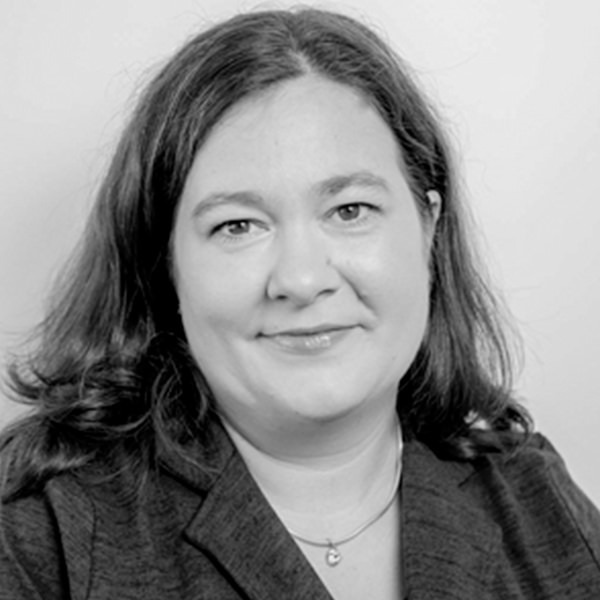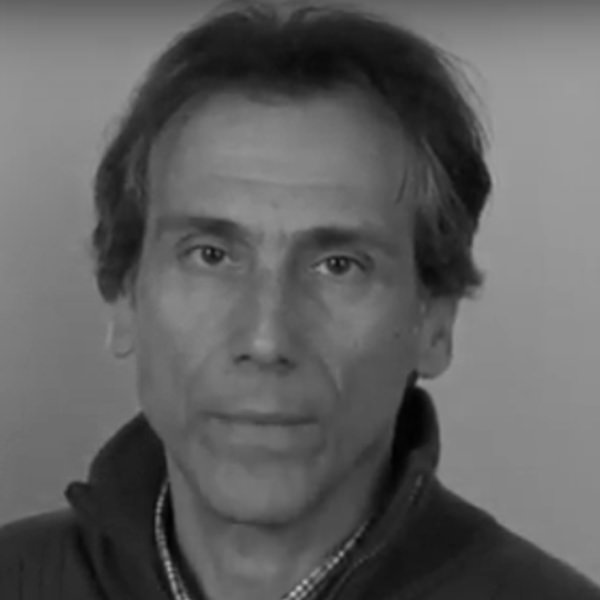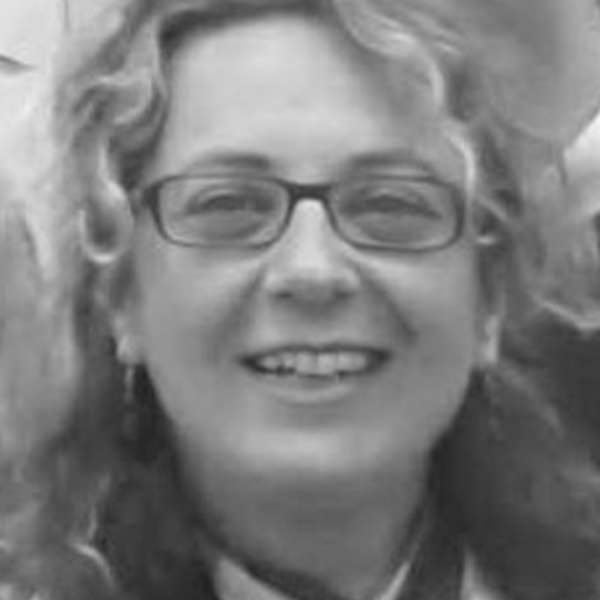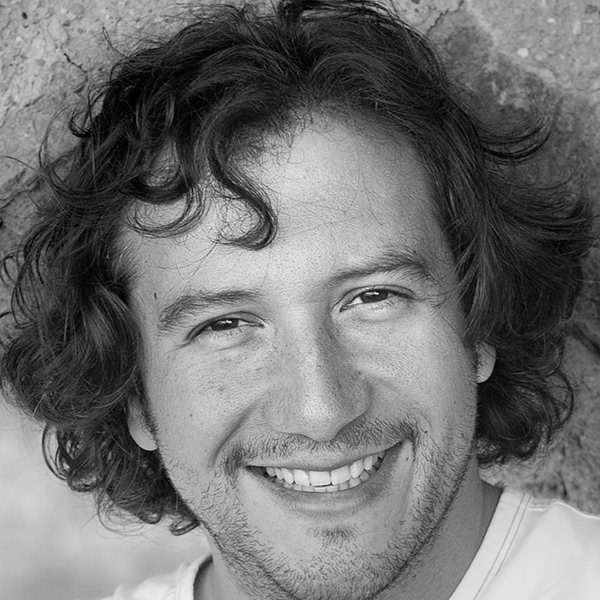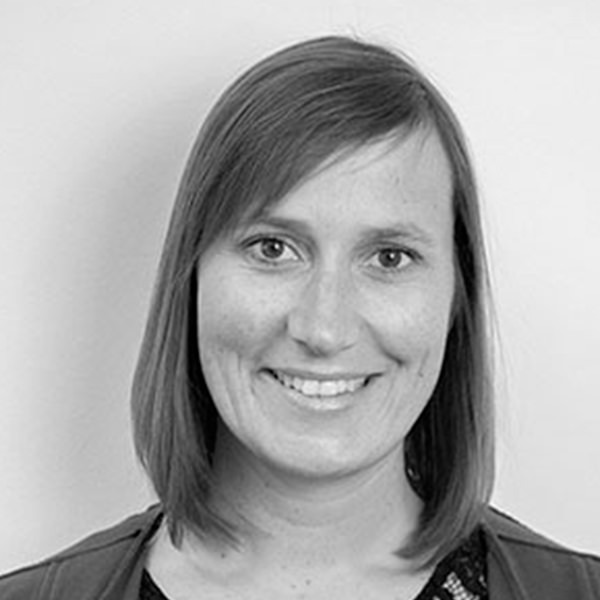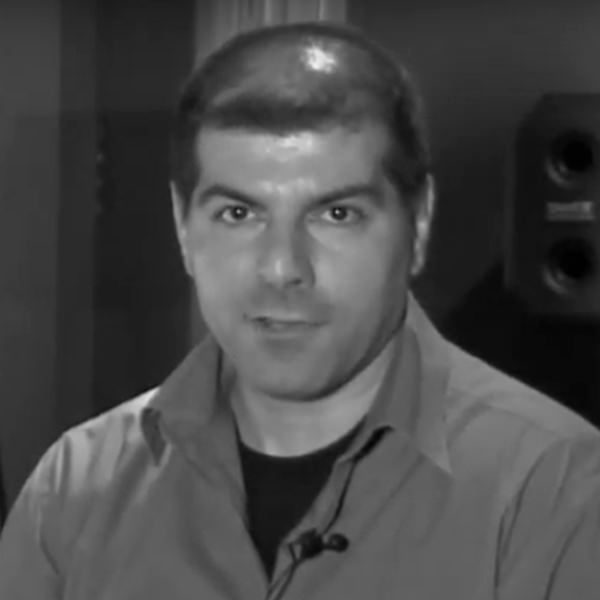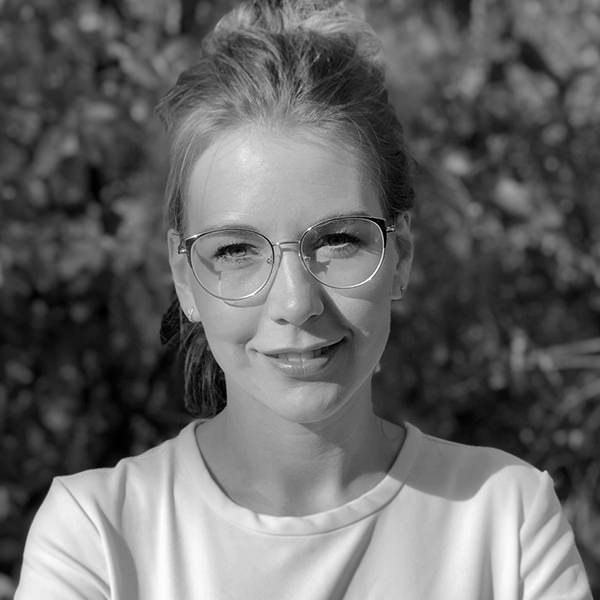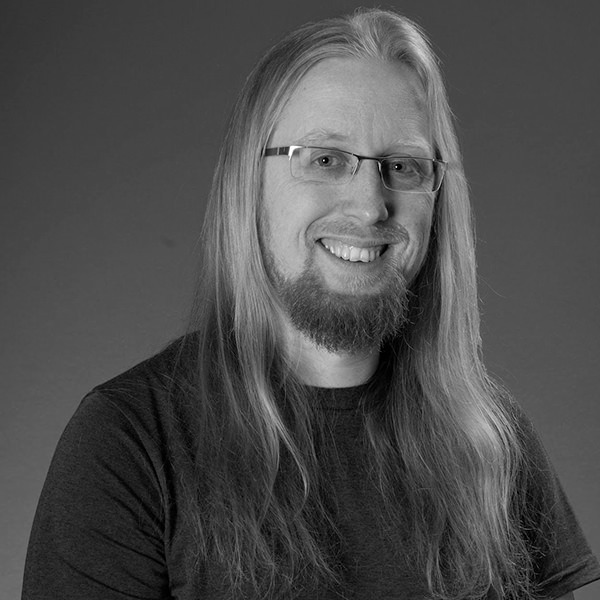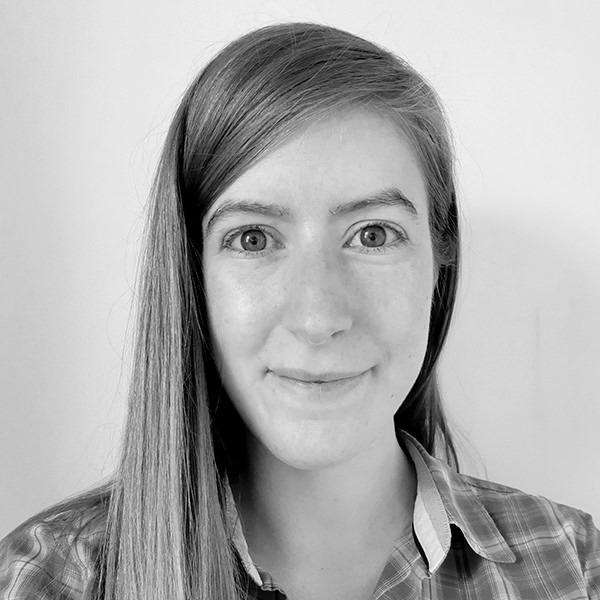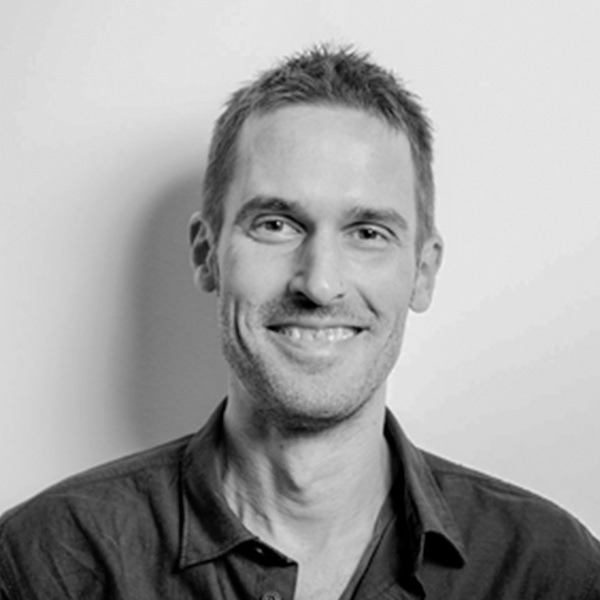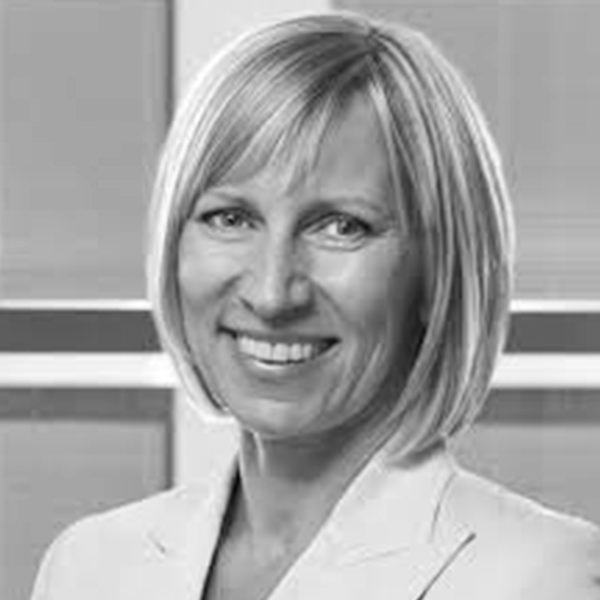To ensure a wide range of skills and technical knowledge needed to create a framework for barrier-free communication among deaf and hearing persons across the European Union, EASIER formed a strong and multidisciplinary team. The project consortium consists of 14 organizations from eight European countries, including representatives from higher education and research institutions, industry, non-governmental organizations, and SMEs.
EASIER will enable users of sign languages to use their preferred language to interact with speaking individuals, and vice-versa – users of different spoken languages will be able to use their preferred language to communicate with deaf individuals. As the project has only 36 months to achieve this ambitious goal, the consortium organized the work in three phases and broke down its work plan into nine technical work packages (WPs) with two additional WPs covering outreach and impact creation and project coordination. This structure and close collaboration of all project partners will ensure that project objectives are met.
Martel Innovate
Martel Innovate is a dynamic Swiss-based consultancy with more than 20 years of experience managing research and innovation projects. Drawing upon the blend of its team’s scientific, project management, and communication backgrounds, Martel Innovate took on two roles within EASIER – project coordination led by its consulting department and communication and dissemination carried out by Martel Media.
While the consulting department oversees the project and coordinates monthly project meetings, Martel Media has been focused on designing a bespoke brand identity for EASIER and creating a responsive multi-language website characterized by light design and high contrast. To enhance user experience and website readability, they integrated a dedicated accessibility plug-in and a keyboard navigation bar. The team is now focusing on promoting the project and engaging a community around the planned use cases and players involved in their implementation. To read more about the work performed by Martel Innovate, read this article.
Athena Research Center (ATHENA)
ATHENA is a scientific research and technological organization functioning under the auspices of the Greek Ministry of Development and Investments. It consists of three research institutes and six units. The Robot Perception and Interaction Unit contributes to EASIER by providing work on emotion recognition on video.
The Institute for Language and Speech Processing (ILSP), a leading R&D organization in language technologies in Greece and the center of excellence for basic and applied research in the field, is the scientific coordinator of EASIER and the partner responsible for the project avatar development. ILSP conducts interdisciplinary research, drawing on linguistics and information technologies. ILSP’s Department of Embodied Interaction and Robotics focuses on research, technological development, and innovation with an emphasis on multimodal human behavior. Research and applications target intelligent environments, autonomous living, personal assistants and social robots, embodied dialogue agents, multimodal dialogue systems, digital characters, computational intelligence, and user experience in human-robot and human-computer interaction. In this context, research and development in the area of sign language technologies have a long tradition of innovation, with emphasis on the fields of dynamic sign language synthesis, sign language oriented communication, sign language based interfaces, development and annotation of sign language resources, as well as the development of technologies for signed data processing.
University of Hamburg
The Institute of German Sign Language and Communication of the Deaf (IDGS) at the University of Hamburg has been studying the linguistics of sign language for many years. Its researchers pioneered sign language research in Germany, making it one of the largest academic institutions on sign language in the world. The institute’s academic teaching program comprises B.A., M.A., and PHD programs in Sign Language and Communication of the Deaf and in sign language interpreting. From the beginning, all research projects as well as the curriculum development were joint activities of deaf and hearing staff. Now, more than 40 employees work on different research projects, such as the DGS-Korpus, with language resources being one of the major focus.
Within EASIER, the IDGS team leads the efforts of harmonizing language resources for their cross-lingual use and enabling future extensions to even more sign languages through contact with and training for research groups across Europe. To read more about their work, visit www.sign-lang.uni-hamburg.de/easier/
Radboud University
The Sign Language research group at the Centre for Language Studies at Radboud University is an enthusiastic group of hearing and deaf linguists who investigate the structure and use of Sign Language of the Netherlands. While the central focus is on (psycho)linguistic research, the team is also invested in the development of innovative methodologies to develop and work with sign language corpora.
Radboud University will communicate the results stemming from EASIER to academics, the Deaf community, and the general public via participation in deaf events, such as the annual World Deaf Day, language events, such as the Drongo Festival, the NGT knowledge website Gebareninzicht.nl, and Radboud University’s outreach channels, such as Radboud Recharge.
University of Surrey
The University of Surrey team, based within the Center for Vision Speech and Signal Processing, has been working on sign recognition for 20 years. The team has recently progressed to translation, which has resulted in preliminary work on photo-realistic production and several world’s firsts:
- First end to end Neural Machine Translation models for translation (sign to spoken language),
- First end to end Neural Machine Translation models for production (spoken language to sign video),
- Photorealistic sign production using Generative Adversarial Networks.
Within EASIER, the University of Surrey team intends to push forward their state-of-the-art work in these areas. They will lead WP3 and contribute to WP4 and WP2 in terms of applying neural machine translation to sign language translation.
University of Zurich
The Department of Computational Linguistics of the University of Zurich specializes in research on text technology with a focus on multilingual text analysis and machine translation. It is among the leading research institutions in the area of machine translation from/into German and is further known for its work on machine translation for subtitles and for contributions to hybrid methods and discourse in machine translation (both in statistical machine translation and the latest developments in neural machine translation).
Within EASIER, the University of Zurich team is working on neural machine translation, emotion- and gender-aware language technology, and text analysis (affect recognition).
French National Centre for Scientific Research (CNRS)
CNRS is among the world’s leading research institutions. Its scientists explore the living world, matter, the Universe, and the functioning of human societies to meet the major challenges of today and tomorrow. Within EASIER, CNRS’s main targets for dissemination are the scientific community for the fundamental aspects and the professional user base for the software results. CNRS will disseminate the project results through publications in academic journals, conferences, and professional congresses, like Translating and the Computer.
German Research Center for Artificial Intelligence
The Affective Computing Group (ACG) is an interdisciplinary team researching Social Human-Computer Interaction in various projects. The ACG is part of the Cognitive Assistants department of the German Research Center for Artificial Intelligence. The ACG team believes that satisfying social interaction with technical devices should follow the principles of human-human interaction. Within that context, they focus on modeling human emotions, communication of emotions, behavioral patterns, as well as social norms and values.
The ACG’s role in EASIER is to provide the technological tools to perform emotion regulation sentiment analysis on video streams. Within that context, extended annotation strategies are created to transport affective information from speaking to deaf users and vice-versa during the automated translation phase. Their main research challenge is the identification of the differences and similarities between spoken and signed languages in the manifestation of emotions and emotion regulatory strategies.
audEERING
audEERING is involved in developing and licensing software for intelligent audio analysis, in particular speech and sound-scapes. A core software product is the world-class audio analysis toolkit openSMILE, which is capable of extracting over 6k audio features relevant for speech, music, and sound analysis and has been used as a basis for numerous international benchmarks. Combined with machine learning expertise, audEERING delivers highly accurate sound and speech analysis products. audEERING has been founded in late 2012 as a Spin-off of Technische Universität München, Germany (Machine Intelligence and Signal Processing Group) with a globally recognized team that has 20 years of audio intelligence experience.
Within EASIER, audEERING works on emotional expression detection from speech and text and simulation of emotion expression of synthesized speech. Emotional expression is a very important channel within human communication helping to make the dialog experience more natural and decreasing the amount of inter-human misunderstandings, for example, based on the lack of irony recognition.
Nuromedia
Nuromedia is a software engineering company founded in 2005 by experts in the media industry with profound expertise in international R&D. Their extensive expertise covers software, VR/AR, and server/backend development, gamification, AI and Machine Learning, Big Data, Blockchain, ICT solutions for eHealth, eLearning, Smart City, Smart Factory, Industry 4.0, and more.
Within EASIER, Nuromedia will focus on the development of the web and mobile application for necessary testing/data generation.
SWISS TXT
SWISS TXT is a subsidiary of SRG SSR (public Swiss broadcasting company), which offers ICT/Infrastructure, video and accessibility solutions across Switzerland.
Since STXT is providing human-based SL interpretation for TV, education, and parliaments, STXT is part of the community with direct communication channels. STXT will use its social networks to promote the EASIER solution via videos and posts. Moreover, STXT plans to integrate the technologies developed by EASIER into SILAS – the company’s SL services environment to further increase their reach within the multilingual Swiss market.
European Union of the Deaf (EUD)
EUD is a not-for-profit NGO based in Brussels, which represents National Associations of the Deaf of all EU Member States, in addition to Iceland, Norway, Switzerland, and the UK. It is EUD’s vision that Deaf people all over Europe have equality in both public and private aspects of life. EUD’s work focuses on realizing the following objectives:
- recognition of the right to use an indigenous sign language,
- empowerment through communication and information,
- equality in education and employment.
EUD plays a key role within EASIER, leading WP1 ‘User Involvement’. EUD team is responsible for providing the definition of evaluation metrics and the evaluation protocol, assessing user requirements, needs, and gaps, recruitment strategies of end-user groups, as well as the performance of project evaluation studies.
Interpretis
Interpretis is a French interpreters’ cooperative founded in 1999 in Toulouse. Its core activity is French/FSL interpreting but the company is also a frontrunner in the renewal of interpreting practices, notably through its participation in numerous research projects. Its research activities are focused on interpreters’ work and technological tools in relation to user needs and practices.
Interpretis’ role within EASIER is, therefore, to gather inputs from end-users, mainly deaf and hearing SL professionals, to understand their specific needs and provide relevant specifications to guide the design process. Interpretis will also be involved in the various stages of the end-user evaluation study.
University College London (UCL)
UCL champions academic excellence and world-class research aimed at addressing real-world problems and integrating research into education. Deafness, Cognition and Language (DCAL) Research Centre at UCL will contribute to harmonizing sign language resources across the project languages, leveraging expertise from resources such as BSL Corpus and BSL SignBank. DCAL will build on work on sign language recognition done as part of ExTOL.


